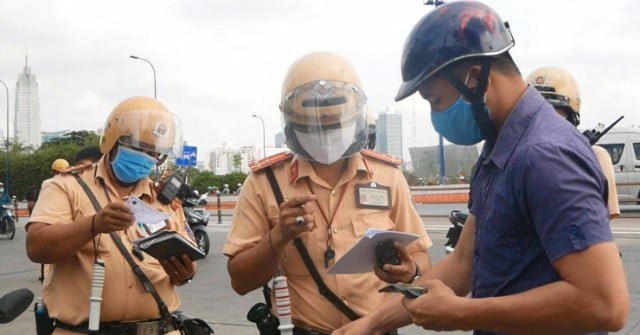 |
| Do motorcyclists need to present a certificate of road traffic training? (Source: TVPL) |
Do motorcyclists need to present a certificate of road traffic training?
According to Circular 32/2023/TT-BCA, when stopping a vehicle for inspection in cases prescribed by regulations, traffic police officers will check documents related to people and vehicles, including certificates of training in road traffic law.
Specifically, the certificate of training in road traffic law is a certificate issued to a person who meets the conditions prescribed in Circular 06/2011/TT-BGTVT to drive specialized motorbikes on roads. (Clause 2, Article 3 of Circular 06/2011/TT-BGTVT)
Also in the 2008 Road Traffic Law and Circular 06/2011/TT-BGTVT, specialized vehicles include construction vehicles, agricultural and forestry vehicles and other special vehicles used for defense and security purposes that participate in road traffic.
Therefore, only those who drive construction motorbikes, agricultural and forestry motorbikes must present a certificate of road traffic knowledge training; while road motor vehicles (including cars; tractors; trailers or semi-trailers pulled by cars or tractors; two-wheeled motorbikes; three-wheeled motorbikes; motorbikes, electric motorbikes and vehicles similar to motorbikes and cars) or rudimentary road vehicles (bicycles, motor bicycles, cyclos, wheelchairs for the disabled, animal-drawn carts and similar vehicles) do not need to present this type of document.
Note: Presenting a certificate of training in road traffic law knowledge does not apply to drivers of specialized motorbikes of the Ministry of National Defense and the Ministry of Public Security used for national defense and security purposes.
Types of documents checked by Traffic Police when stopping a vehicle for inspection: (1) Driving license; (2) Certificate of training in road traffic law, License, Certificate of driving specialized motorbikes; (3) Vehicle registration certificate or certified copy of vehicle registration certificate with original and valid receipt from credit institution (during the period the credit institution holds the original vehicle registration certificate). (4) Inspection certificate, technical safety and environmental protection inspection stamp, certificate of validity of inspection certificate and inspection stamp (for types of vehicles that are required to be inspected). (5) Certificate of compulsory civil liability insurance of motor vehicle owners. (6) Other relevant necessary documents as prescribed. In addition, when the databases are connected to the electronic identification and authentication system and information about the status of documents is determined, the control through checking and comparing the information of those documents in the electronic identification account is as valuable as directly checking the documents. (Point a, Clause 2, Article 12, Circular 32/2023/TT-BCA) |
When can the traffic police stop a vehicle for inspection?
Traffic police officers performing patrol and control duties according to plan are allowed to stop vehicles for control in the following cases:
(1) Directly detect or through professional technical means and equipment detect and collect violations of road traffic laws and other violations of laws;
(2) Implement orders and plans for general control of vehicles to ensure road traffic order and safety and social order; plans for patrolling, controlling and handling violations according to thematic issues to ensure road traffic order and safety and social order issued by competent authorities;
(3) There is a written request from the Head or Deputy Head of the investigation agency; a written request from a relevant competent authority to stop a vehicle for inspection to serve the work of ensuring security and order; combating and preventing crimes; preventing and combating natural disasters, fires and explosions; preventing and combating epidemics; rescuing and other violations of the law. The written request must specifically state the time, route, vehicle to be stopped for inspection, handling, and participating forces;
(4) There are reports, reflections, recommendations, and denunciations from organizations and individuals about violations of the law by people and vehicles participating in road traffic.
(Clause 1, Article 16, Circular 32/2023/TT-BCA)
Source






![[Photo] General Secretary To Lam meets and expresses gratitude to Vietnam's Belarusian friends](https://vphoto.vietnam.vn/thumb/1200x675/vietnam/resource/IMAGE/2025/5/11/c515ee2054c54a87aa8a7cb520f2fa6e)



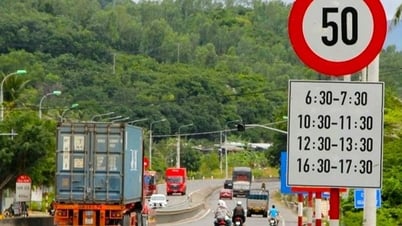



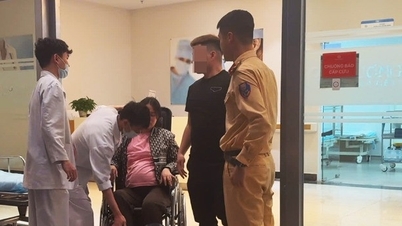
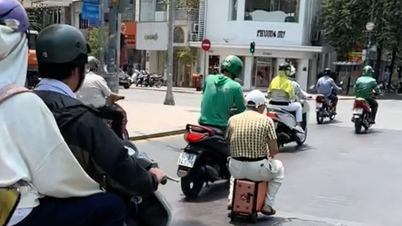
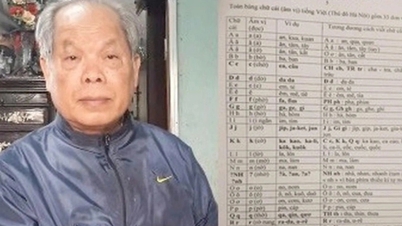















![[Photo] General Secretary To Lam concludes visit to Russia, departs for Belarus](https://vphoto.vietnam.vn/thumb/1200x675/vietnam/resource/IMAGE/2025/5/11/0acf1081a95e4b1d9886c67fdafd95ed)
![[Photo] General Secretary To Lam arrives in Minsk, begins state visit to Belarus](https://vphoto.vietnam.vn/thumb/1200x675/vietnam/resource/IMAGE/2025/5/11/76602f587468437f8b5b7104495f444d)



































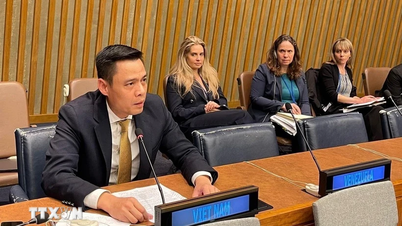


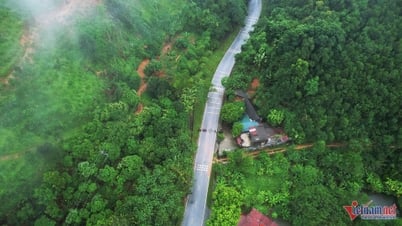













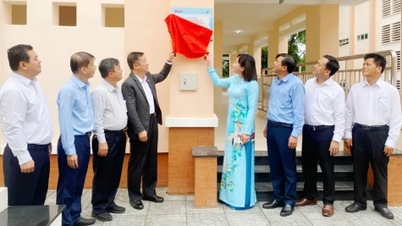















Comment (0)